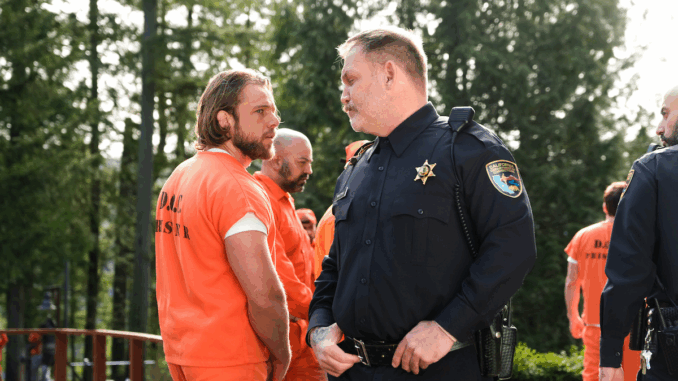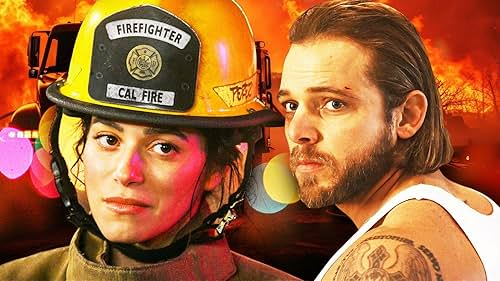
With Fire Country Season 4, CBS takes its hit firefighter drama to new narrative territory, blending thrilling action with deeply grounded emotional realism. This season doesn’t just show the dangers of wildfires — it exposes the emotional aftermath of living on the edge, and how crisis changes people from the inside out.
Realistic Wildfire Response: A Raw Look at the Front Lines
Fire Country doesn’t just play firefighter — it feels like firefighting. In Season 4, the wildfire sequences are more harrowing than ever. One episode centers on a complex backburning operation that spirals out of control due to unpredictable winds — forcing split-second decisions that put both civilians and firefighters at risk. The authenticity of these moments, from the gear to the tactics, reflects the show’s commitment to honoring real-life CAL FIRE operations.
But what sets Fire Country apart is how it deals with what comes after. The series lingers in those rare post-crisis silences — the haunting stares, the survivor’s guilt, the moral debates about risk and reward. These aren’t just filler scenes; they are the emotional fuel of the show.
Eve Edwards and the Weight of Responsibility

One of the most poignant arcs this season belongs to Eve Edwards (Jules Latimer), who continues to struggle with the death of a rookie firefighter she had mentored. The tragedy shakes her confidence, making her question her place in the team. But rather than shutting down, Eve seeks therapy — a rare and refreshing portrayal of mental health care in first responder narratives.
Her friendship with Bode deepens, offering not just camaraderie but accountability. They challenge each other’s blind spots, becoming a mirror for one another’s emotional truths. Their bond remains platonic, a valuable example of complex male-female friendships on screen.
Diversity, Inclusion, and Emotional Honesty
Season 4 also introduces new characters from underrepresented communities, expanding the emotional landscape of the show. A storyline involving a young undocumented firefighter explores themes of trust, fear, and belonging. Importantly, the show doesn’t exploit these narratives for drama — it grounds them in empathy and truth.
Representation extends behind the camera too, with episodes directed by women and BIPOC creatives bringing fresh perspective and nuance to the storytelling. It’s not about checking boxes — it’s about telling fuller stories.
Conclusion: The Fire Within
What Fire Country does better than most network dramas is simple: it listens. It listens to its characters, to its audience, and to the reality it seeks to reflect. Season 4 is not just about who fights the fire — it’s about who carries the emotional scars afterward. And in doing so, it cements the series not just as thrilling television, but as meaningful storytelling.
